Somalia is at a critical juncture as it seeks to delay the withdrawal of African Union (AU) peacekeepers, fearing a resurgence of the militant group al-Shabab. This concern, shared by neighboring countries, highlights the precarious security situation in the region. The Somali government has urged a slow down in the withdrawal of African peacekeepers, citing fears of a security vacuum that could allow al-Shabab to regain control.
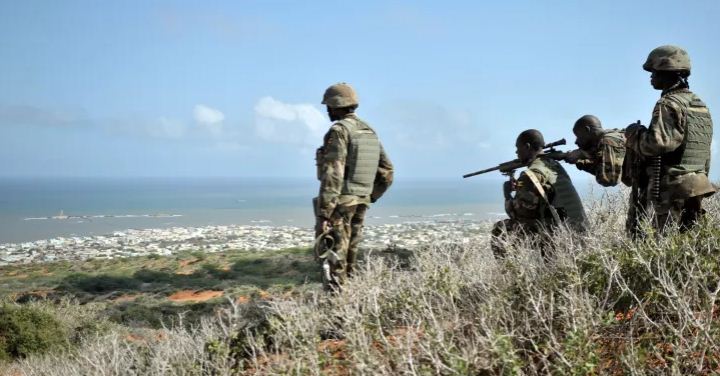
The Call for Delay
In a letter addressed to the acting chair of the African Union Peace and Security Council, Somalia’s government requested to delay the withdrawal of half of the 4,000 troops scheduled to leave by the end of June until September. This request comes amidst the larger plan for the African Union Transition Mission in Somalia (ATMIS) to withdraw completely by December 31, 2024, to be replaced by a smaller force.
A joint assessment by Somalia and the AU, mandated by the United Nations Security Council, warned that a rapid drawdown of ATMIS personnel would likely result in a dangerous security vacuum. This has led to serious concerns among Somali officials and their regional counterparts.
Regional Concerns and International Reactions
Countries contributing troops to the mission, such as Uganda and Kenya, share these apprehensions. Uganda’s State Minister of Foreign Affairs, Henry Okello Oryem, compared the potential fallout to the chaotic withdrawal seen in Afghanistan, emphasizing the need for a well-planned and sustainable exit strategy. Similarly, Kenyan President William Ruto warned that a withdrawal not based on ground realities could lead to al-Shabab taking over Somalia.
The European Union and the United States, primary funders of the AU force, are also involved in these complex negotiations. They have shown a preference for reducing the scale of the peacekeeping operation due to financial constraints and other global priorities, such as the conflicts in Ukraine and Gaza. This shift in focus underscores the challenges faced by Somalia in ensuring its long-term security.
Somali Government’s Response
The Somali government, while projecting confidence in its ability to handle the security situation, has not convincingly demonstrated its readiness. National Security Adviser Hussein Sheikh-Ali has downplayed the fear of an al-Shabab resurgence, describing it as exaggerated. However, the Somali government’s lack of a coherent and effective strategy raises questions about its capability to manage without substantial international support.
Critique of the Somali Government
Despite the government’s assertions, the situation on the ground paints a less optimistic picture. The recent setbacks in military operations, such as the retaking of the town of Cowsweyne by al-Shabab and the failure to maintain gained territories, reveal significant weaknesses in the Somali military’s organization and operational capabilities. Reports from soldiers and local militiamen indicate a lack of defensive infrastructure and coordination, contributing to these failures.
Furthermore, the government’s reluctance to provide transparent casualty figures and detailed accounts of battlefield losses undermines trust and credibility. This opacity suggests a possible underestimation of the challenges posed by al-Shabab, which could have dire consequences for Somalia’s stability.
The International Dimension
International support remains crucial for Somalia’s security. The United States, with about 450 troops in the country, continues to train and advise local forces while conducting drone strikes against militants. The European Union, along with other nations like Turkey and Qatar, provides significant financial and logistical support. However, with shifting priorities and resource constraints, this support is not guaranteed to continue at current levels.
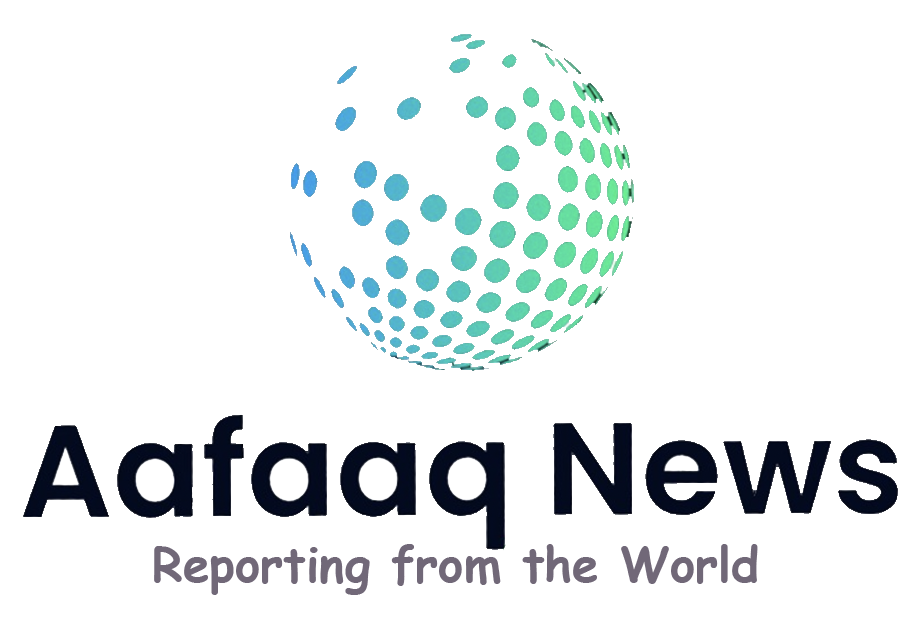
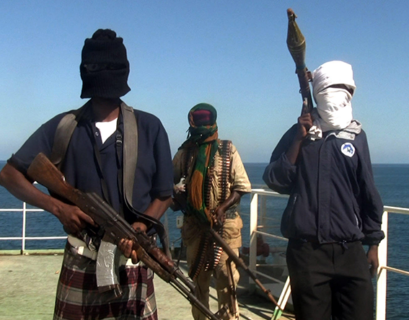
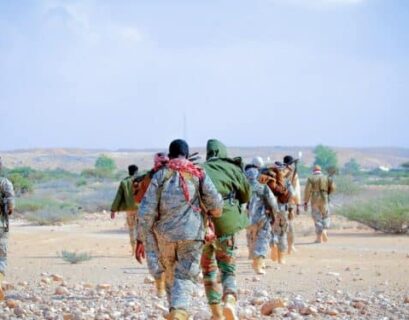
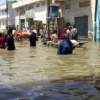

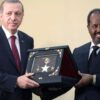
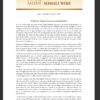



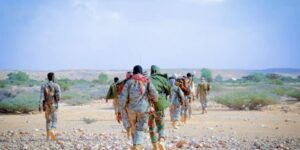



TFQuWksRc